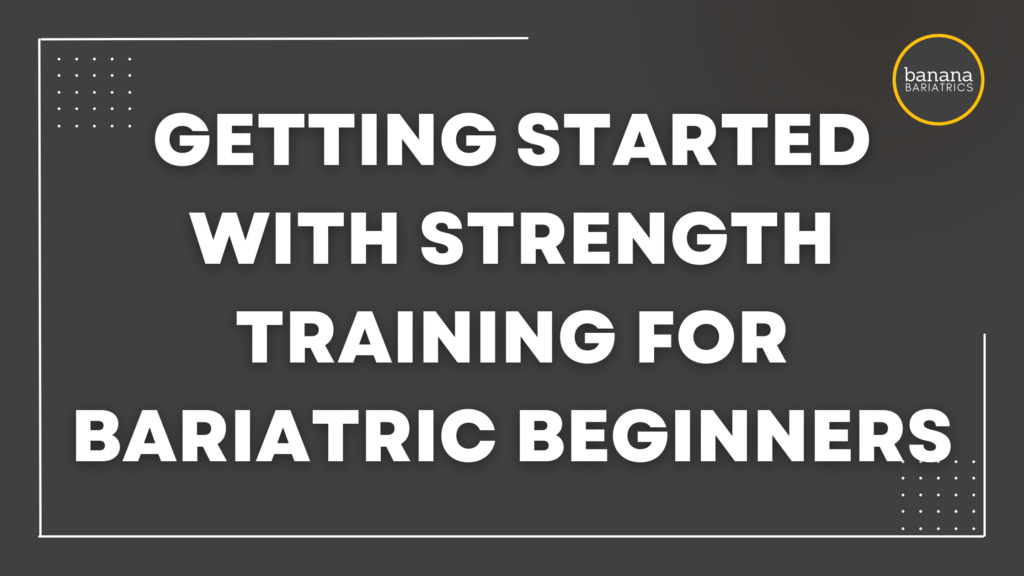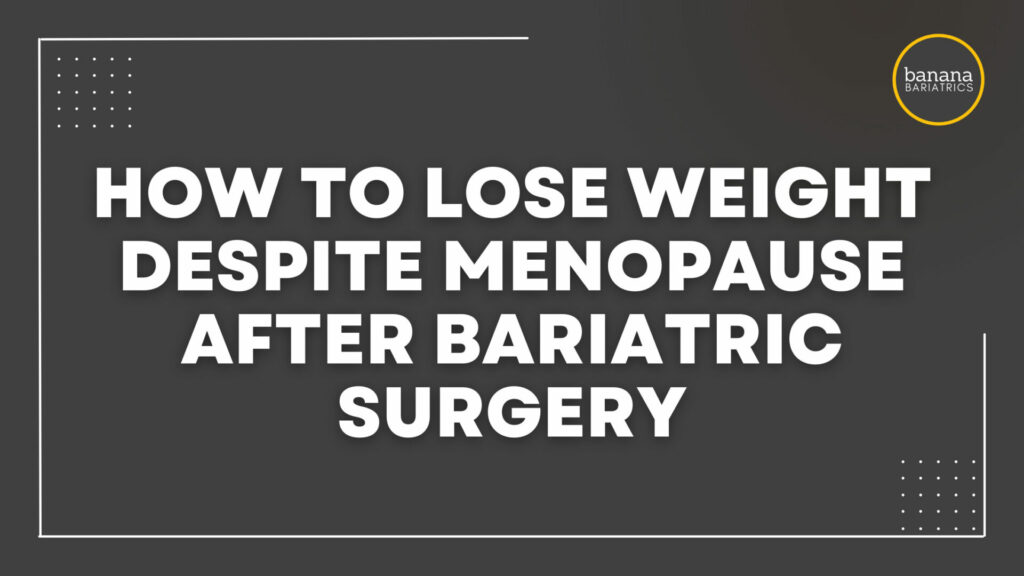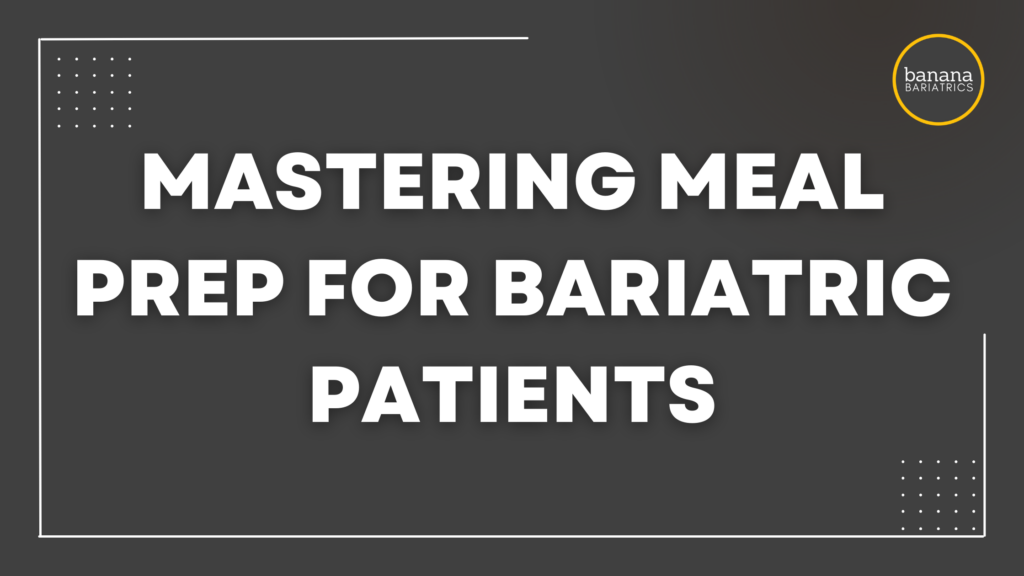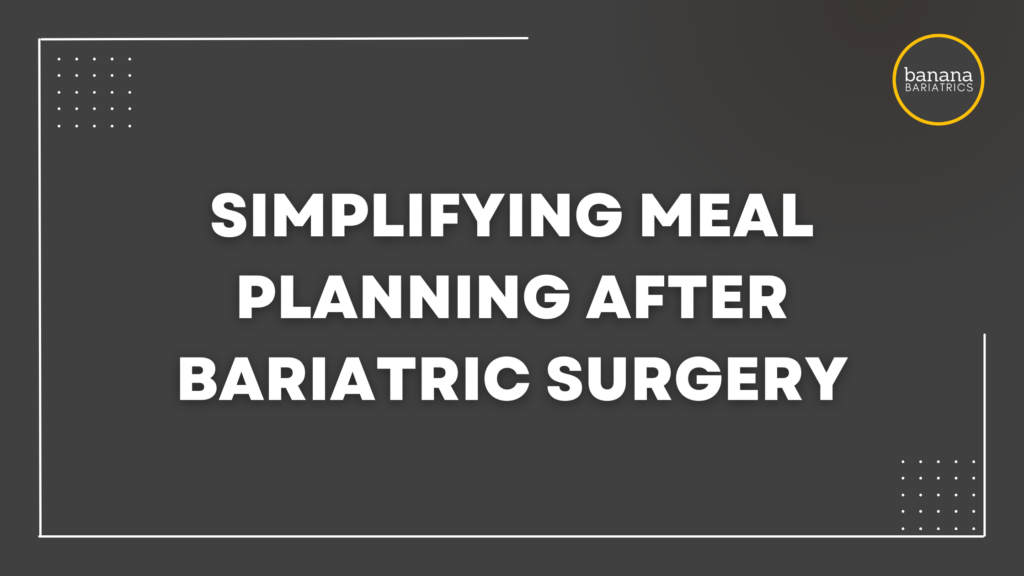What Is Anemia And Iron Deficiency?

Anemia is defined as a blood hemoglobin level < 12g/dL in women and <13g / dL in men. The factors that contribute to anemia include:
- Irregular menses
- Nutritional deficiencies (low Vitamin B12, folate, and other vitamins)
- A chronic inflammatory state (such as having obesity)
- Gender (most commonly women)
- Age (most commonly premenopausal women)
- Low albumin levels (a marker of your nutrition)
- Higher percentage of weight loss
- Stomach ulcers
- Intolerance to red meat
What are common symptoms of anemia?
Low energy and fatigue are the most common symptoms of anemia. Other signs may include spoon-shaped nails, vertical ridges on nails, a swollen and red tongue, and a smooth and shiny tongue. Patients can also experience a condition called “Pica” which is a compulsive tendency to eat non-food substances like ice, clay, soil, or paper.
How does weight loss surgery affect anemia?
In the early post-operative phase after surgery, it is common for patients to experience greater food intolerance and aversion to animal proteins. In addition, some patients experience more episodes of vomiting and may not be able to comply with nutritional post-surgical guidelines. All of these issues can increase the risk of anemia.

What is iron and why is it important?
Iron is an important chemical in the body that helps to transport oxygen in the body. Iron is critical for energy production, making red blood cells, cellular growth, and the creation of neurotransmitters (chemical signals in the brain).
The average adult body contains 3-4 grams of iron. Iron from the diet is easily absorbed in the beginning half of the small intestines.
On average, the body loses about 1-2mg from shedding of cells and/or menstrual blood loss per day. Normally, the body can replace these losses with dietary intake of the equivalent amount of iron. However, if the body’s absorption does not match its loss, iron deficiency can occur.
What is iron deficiency and how is it measured?
Iron deficiency can occur with or without anemia. There are multiple lab tests that can be drawn to determine if a patient has iron deficiency.
Typically, a standard iron panel with ferritin will help identify abnormalities. Interestingly, ferritin- a marker of how much iron is in storage in your body- can be affected by inflammation in the body.
A ferritin level < 30 ng/mL (in the absence of inflammation) is an indication of iron deficiency. If ferritin levels are normal but transferrin saturation (“TSAT” – a calculation based on the iron in your blood divided by your total iron binding capacity) is low (<20%), then iron deficiency is evident.
How common is iron deficiency in weight loss surgery patients?
Iron deficiency can occur in up to 60% of patients after surgery. Changes in iron intake and absorption coupled with an increase in iron loss can contribute to deficiency. Other variables that can contribute to iron deficiency include:
- Aversion to foods with high iron bioavailability (ie: meat, fish)
- Less stomach acid secretion
- Exclusion of food moving through parts of the small intestine (as in the Bypass, SADI, and Switch procedures)
- Heavy menstrual cycles
- Digestive ulcers
Therapy options for iron deficiency
For weight loss surgery patients, the recommended prophylactic dosing of iron is 45mg daily for Sleeve and Bypass patients, and 60mg daily for SADI/ Switch patients. However, higher risk individuals include those with a history of anemia and heavy menses.
It is important to remember that iron supplementation (in which all WLS patients need to take after surgery) should be separated 2 hours from the intake of calcium, acid suppressing medications (like pantoprazole), grains, nuts, and legumes.
Additional therapy options include extra iron supplementation (at a higher dose and frequency) as well as IV infusion therapy. Intolerance of iron supplementation is common with nausea, constipation, and pill burden complaints being common reasons for failed therapy.
As always, when it comes to iron supplementation, it is important to never stop, change, or start a medication without first speaking with your medical or surgical provider.
[Medical Disclaimer: All content and media on Banana Bariatrics, LLC is created and published online for informational purposes only. It is not intended to be a substitute for professional medical advice and should not be relied on as health or personal advice.]
Have more specific nutrition questions you'd like answered?
Inside Banana Bariatrics – our exclusive membership support group – we not only have a team of Bariatric Dietitians ready to support you with your nutritional needs, but also an entire Nutritional Masterclass course that will help you feel back on track and back to losing weight again after surgery.
Share with others:
JOIN OUR COMMUNITY:







Responses